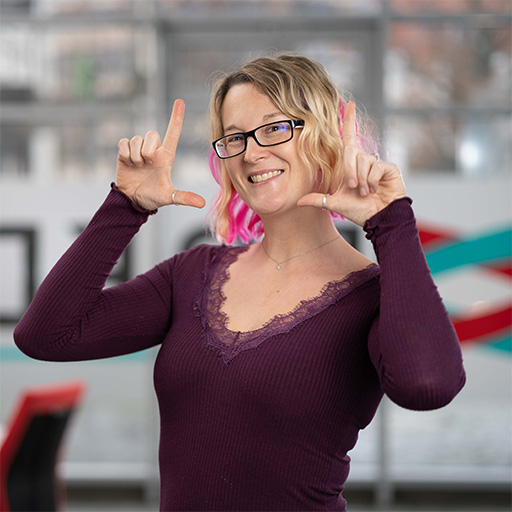KEYNOTE A call to explore
“Not all those who wander are lost”
Tolkein had a way with words, and a way of describing how we navigate the world as explorers. As children, we are born explorers. If we’re lucky, we become testers and spend time exploring software, processes and patterns. And it doesn’t have to stop there. We can become explorers of this fascinating and fragile world, of its people, and of ourselves within it. We have the tools we need; we just need to use them.
We’ll use exploration in testing as a starting point for our journey in this keynote, and we’ll quickly move to what it looks like to have exploration as a guiding principle for other aspects of our life. I’ll share how we can use principles of exploration to delve into:
- situations
- ourselves and our patterns
- other people and perspectives
- unnecessary constraints
- the future
- and the present
To make sure that we don’t go too far into philosophy, I’ll use guiding questions and share concrete activities I use to help my exploration. We’ll wrap up with what it means to have the heart of an explorer – how we can experience wonder and joy while also navigating uncertain times - and how it can help us personally and professionally.
Agile tester, consultant, product owner, CEO
Alexandra Schladebeck is a tester-turned product owner-turned consultant-turned leader. Alex is one of the managing directors at Bredex GmbH and remains curious about just about everything she encounters in the world. She loves exploring systems, solutions and our ways of communicating and working with each other. She has a passion for sharing what she knows and is learning with others and has been an active speaker since 2009 and an international keynote speaker since 2016.


